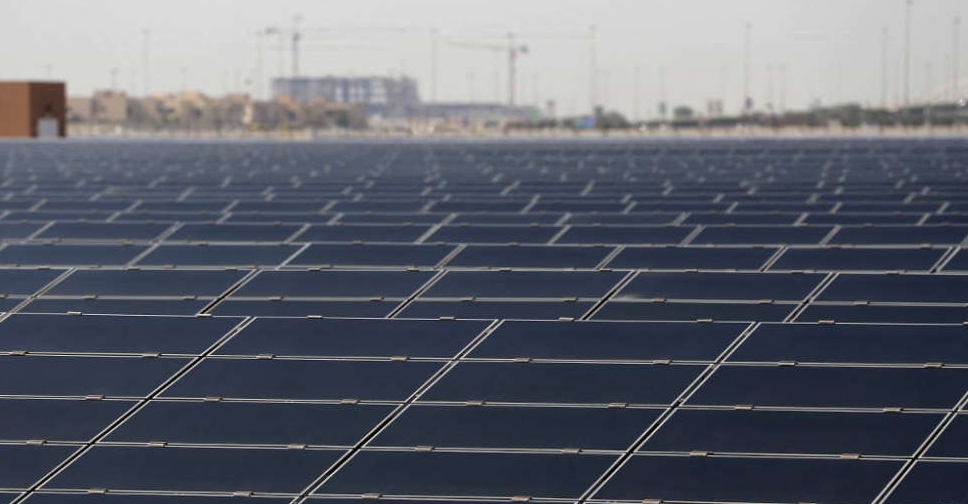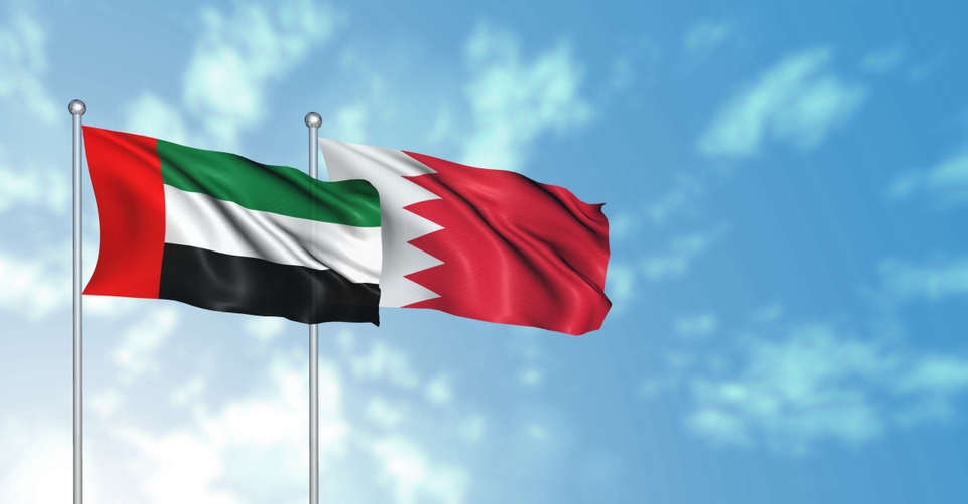
Emirates Water and Electricity Company provided Abu Dhabi and the Northern Emirates with 8.6 Gigawatts of energy from solar and nuclear energy sources in 2022, representing an increase in its total supply of clean energy from 60 to 80 per cent of output.
The success is attributed to EWEC's rapidly growing portfolio of renewable and low-carbon intensive projects, transforming the UAE's energy landscape.
The UAE's energy transition is not only aimed at achieving its target of net zero by 2050, but also at achieving a diverse energy mix to meet future needs. Gross peak power demand is expected to rise by up to 30 per cent between 2022 and 2029 due to increased industrial activity and population growth.
System Operations Executive Director of EWEC, Easa Alzarooni, said “EWEC is committed to driving the development of major, world-leading strategic energy projects to ensure a reliable and secure supply of sustainable water and electricity. In addition to creating a green future for Abu Dhabi and the UAE, EWEC is also serving as a global example of how low-carbon intensive and efficient water and electricity production can be achieved at pace.”
Noor Abu Dhabi, the largest single-site solar power plant in the world, has enabled the production of enough renewable electricity to meet the demands of 90,000 people. The new Al Dhafra Solar PV project will surpass Noor Abu Dhabi as the world’s largest single-site solar power plant when fully operational, generating enough electricity to power up to 160,000 homes and reducing Abu Dhabi’s CO2 emissions by more than 2.4 million metric tonnes per year - the equivalent of removing 470,000 cars from roads.
“EWEC is not only ensuring the security of supply, but we are also transforming the sustainability of our generation portfolio and system operations. Our strategic actions will result in our CO2 emissions decreasing from 40 million tonnes in 2020 to 20 million tonnes by 2025, a significant 50 per cent reduction,” added Alzarooni.
As a result of its upcoming increased solar power capacity and low-carbon intensive reverse osmosis desalination, EWEC expects its average CO2 intensity from electricity generation to fall from 0.33 kilograms per kilowatt-hour (kg/kWh) in 2019 to an estimated 0.19kg/kWh by 2029. Water production emissions intensity is also expected to fall from 11.5 kilograms per cubic metre (kg/m3) to an estimated 1.4kg/m3 over this same time frame.




 Disney settles suit over women's pay for $43 million
Disney settles suit over women's pay for $43 million
 Etihad Airways adds ten new destinations for 2025
Etihad Airways adds ten new destinations for 2025
 Trump pledges new tariffs on Canada, Mexico, China
Trump pledges new tariffs on Canada, Mexico, China
 UAE and Bahrain finalise ICV programmes procedures
UAE and Bahrain finalise ICV programmes procedures

